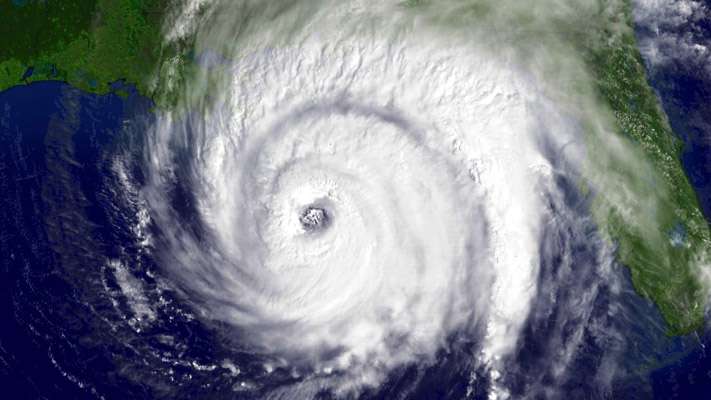Expect quiet hurricane season, researchers say

The 2015 Atlantic hurricane season will be significantly less active than the overall averages from 1950 to the present, according to researchers at North Carolina State University.
The 2015 season should see four to six named storms forming in the Atlantic basin, which includes the entire Atlantic Ocean, the Gulf of Mexico and the Caribbean Sea, according to Dr. Lian Xie, professor of marine, earth and atmospheric sciences at NC State. This number is lower than the 1950 to 2014 average of approximately 11 named storms.
Of those named storms, one to three may grow strong enough to become hurricanes, and only one may become a major hurricane.
This year's numbers for the Gulf are also below historic averages: Xie's data indicate the likelihood of one to two named storms forming, and one becoming a hurricane.
In the Caribbean, one to two tropical cyclones may form, with one becoming a hurricane. In this scenario, the Caribbean may not see a major hurricane this season.
The group states that although a quiet hurricane season is expected this year, it should not be a cause for complacency in hurricane disaster preparation. It only takes one landfalling storm to create devastating loss and damage, as Hurricane Andrew did in the quiet 1992 hurricane season.
Xie's methodology evaluates more than 100 years of historical data on Atlantic Ocean hurricane positions and intensity, as well as other variables including weather patterns and sea-surface temperatures, to predict how many storms will form in each ocean basin.
NC State collaborators on the research include Dr. Montserrat Fuentes, professor of statistics, Marcela Alfaro-Cordoba, graduate research assistant in statistics, and Bin Liu, research assistant professor in marine, earth and atmospheric sciences.
The Atlantic hurricane season runs from June 1 through Nov. 30.
Provided by North Carolina State University

















